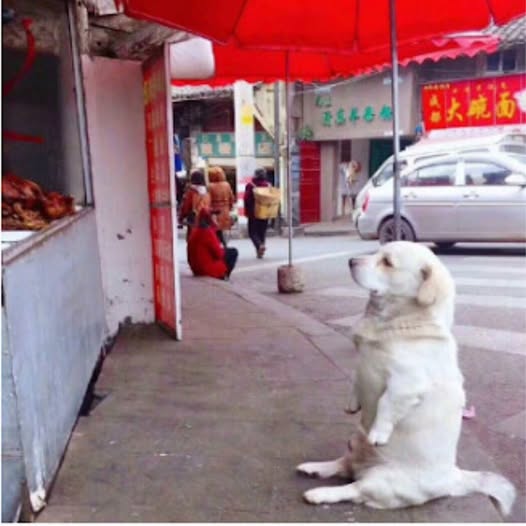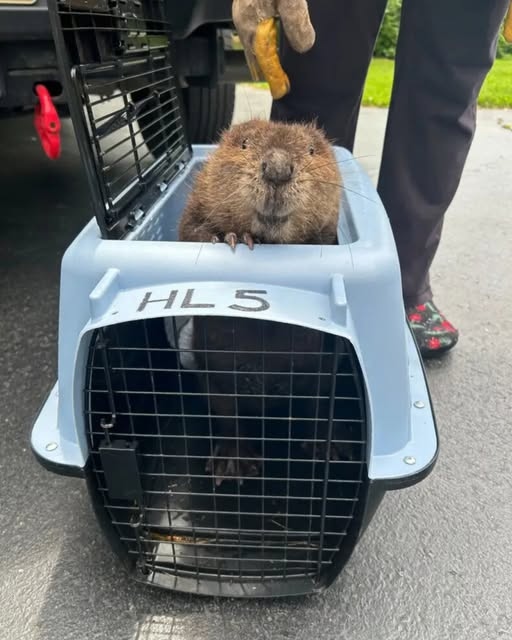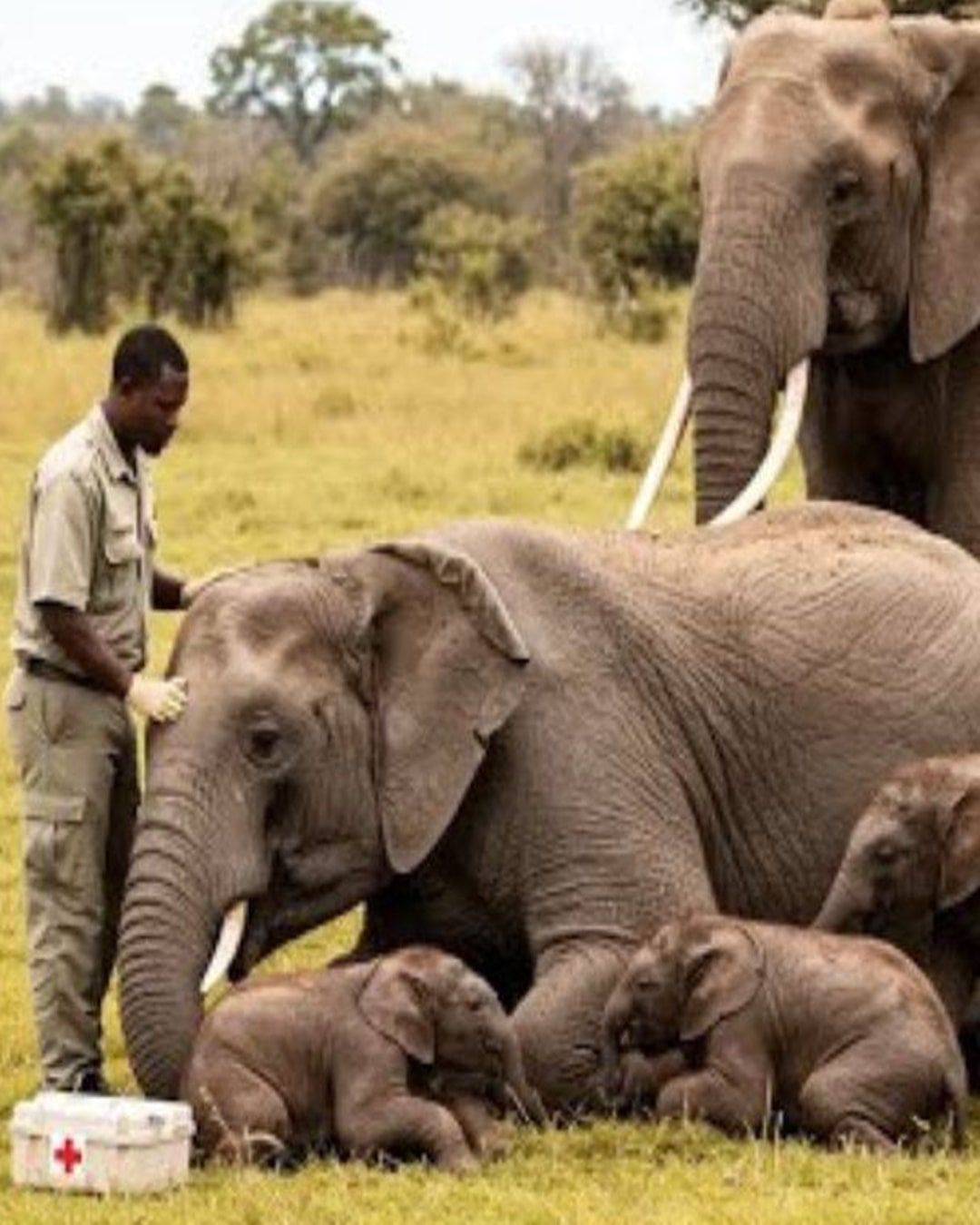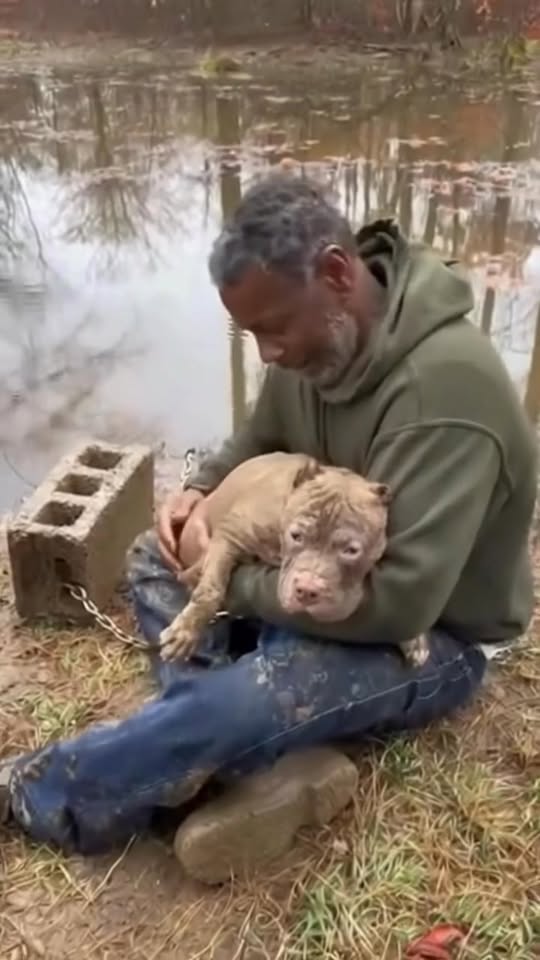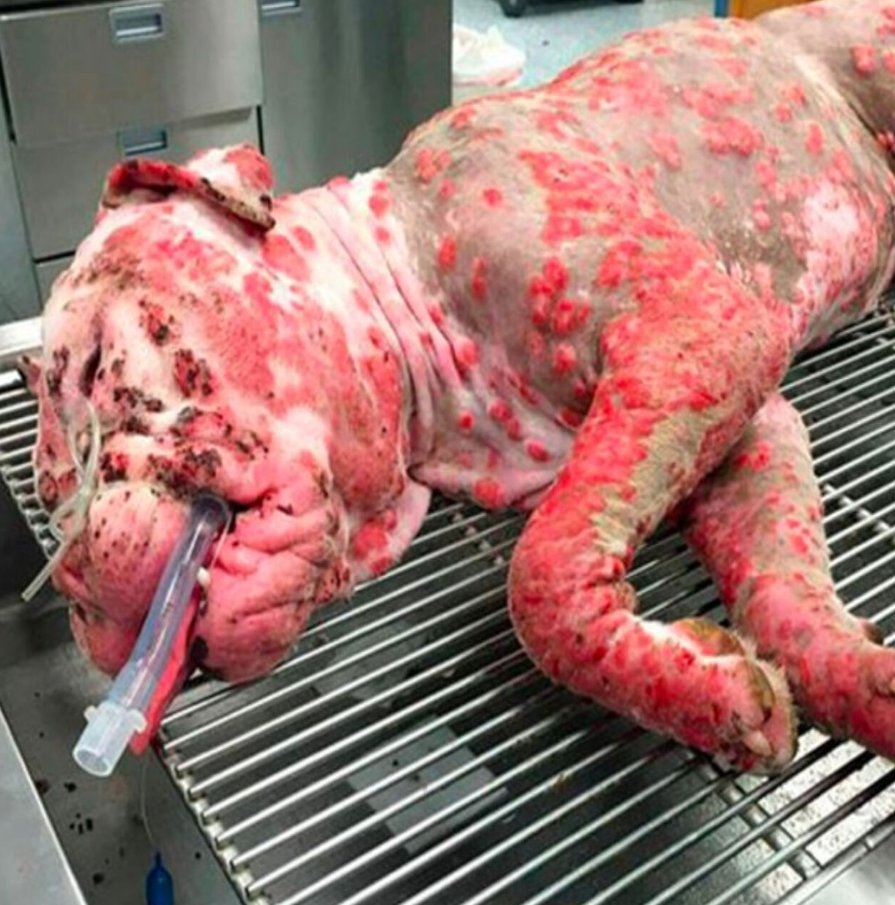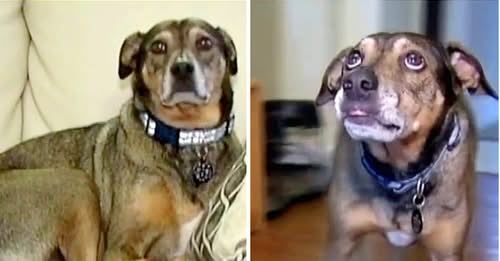Today, under a flag-draped casket, officers gathered not for one of their own in uniform, but for a K9 who gave his life in the line of duty. Rows of police stood in silence, their faces marked by grief. But what none will forget was the moment his mother — herself a retired K9, gray with age — stepped forward. Slowly, she lifted her paw and placed it on the casket. The stadium fell still. A simple touch, yet it carried the weight of love, sacrifice, and farewell. For all the salutes, the flags, and the words spoken, nothing matched that mother’s final gesture. It wasn’t just a fallen partner they mourned. It was a son.
The K9’s name was Kaiser, a Belgian Malinois whose sable coat held the same deep, rich tones as the polished wood of his final resting place. He was a creature of contained energy, a coiled spring of muscle and instinct, yet his intelligence shone through eyes that missed nothing. In his four years of service with the department, Kaiser had become something of a legend. He was credited with over fifty successful apprehensions, located narcotics shipments that would have flooded the streets for months, and once found a lost child who had wandered into a dense forest as temperatures dropped, saving her life with only minutes to spare. His handler, Officer Jake Miller, was more than his partner; he was his other half. They were a single, functioning unit, communicating through a language of subtle commands, shared glances, and an intuition that bordered on the telepathic. For Miller, the silence in his patrol car for the past three days had been a deafening roar, a void where the familiar sounds of Kaiser’s panting, the jingle of his collar, and his low, contented whines used to be.
The incident that claimed Kaiser’s life was as violent as it was sudden. A routine traffic stop had escalated into a high-speed pursuit, ending in a warehouse district where the suspect, armed and desperate, had taken cover. Kaiser was deployed to flush him out. He moved with the fluid grace and terrifying speed that had made him so effective, a dark blur against the grimy concrete. The suspect fired wildly, and Kaiser, without hesitation, launched himself forward, intercepting a bullet that had been meant for Miller. He had done his job, his final act a testament to the core of his training and the depth of his loyalty: protect the handler at all costs. Miller had held him in his arms as his life faded, the fierce protector once again becoming just a dog, his breathing shallow, his intelligent eyes clouding over. The loss was a physical wound for the officer, a part of his own soul torn away.
Now, standing in the solemn assembly, Miller watched the proceedings through a haze of grief. He heard the Chief of Police speak of valor and duty. He listened as the mayor praised Kaiser’s unwavering service to the city. He saw the honor guard fold the flag with crisp, precise movements. Each word, each ritual, was meant to honor his partner, yet it all felt distant, inadequate. How could they capture the essence of the dog who would greet him at the door with unbridled joy, who would rest his heavy head on his lap after a long shift, and who trusted him so completely that he would run into the face of death on his command? The formal ceremony, with all its human tradition, felt hollow compared to the raw, personal nature of his loss. But then, a quiet movement to his side drew his attention, and the entire ceremony shifted its focus.
Athena, Kaiser’s mother, was led forward by Miller’s wife. Athena was a German Shepherd, a queen in her own right, now bearing the silver muzzle and slower gait of retirement. In her prime, she had been a celebrated search-and-rescue K9, a trailblazer whose legacy lived on in her progeny. She had retired to live with the Miller family, spending her days basking in the sun and enjoying the quiet life she had so rightfully earned. She had watched her son grow from a clumsy, oversized puppy into the formidable officer he became. She understood loss not in abstract terms, but in the sharp, tangible absence of a familiar scent, a familiar presence. As she approached the casket, a hush fell over the assembled crowd. This was not part of the planned ceremony. This was something primal, something real.
She moved with a quiet dignity, her old joints protesting but her purpose clear. Her nose twitched, taking in the scent of the polished wood, the flowers, and underneath it all, the faint, final trace of her son. She circled the casket once, her head low. Then she stopped. With a slow, deliberate motion that seemed to carry the wisdom of her years, she lifted her right front paw and placed it gently, firmly, on the flag. It was not a command she was following. It was an instinct, a final, maternal caress. In that singular, silent gesture, she conveyed more than any eulogy ever could. It was an acknowledgment, a final check-in, a goodbye from a mother to her child. The sight broke through the stoic composure of the toughest officers present. Tears that had been held back now flowed freely. The shared grief in the stadium was no longer just for a fallen officer; it was for a family shattered by sacrifice.
The bond between a handler and a K9 is forged in countless hours of intense training, shared adrenaline, and profound trust. It is a partnership that extends far beyond the confines of a shift. They are family. This is a truth universally understood within the law enforcement community, but it is one that is often difficult for the outside world to fully grasp. These animals are not tools; they are sentient beings with personalities, courage, and an immense capacity for loyalty. They willingly enter the most dangerous situations imaginable, relying on the bond with their human partner to guide them. When one falls, the entire community feels the ripple effect. The loss is mourned with the same gravity and honors bestowed upon a human officer, because their sacrifice is no less significant. They wear a badge, they serve a community, and they place their lives on the line every single day.
As the ceremony concluded and the sound of the final bugle call faded, Miller knelt beside Athena, wrapping an arm around her frail body. She leaned into him, her quiet strength a source of comfort. Kaiser’s legacy would live on in the stories told in briefing rooms, in the lives he saved, and in the profound impact he had on all who knew him. But for those present at his farewell, the most enduring memory would not be the speeches or the salutes. It would be the image of an aging mother, her body gray with time but her love eternal, reaching out one last time to touch her heroic son. It was a silent salute that spoke volumes, a powerful reminder that the thin blue line is not just a brotherhood of men and women, but a family bound by loyalty, courage, and a love that transcends species. The stadium emptied, but the weight of that final, gentle touch lingered, a testament to the unspoken bond that can never be broken.

